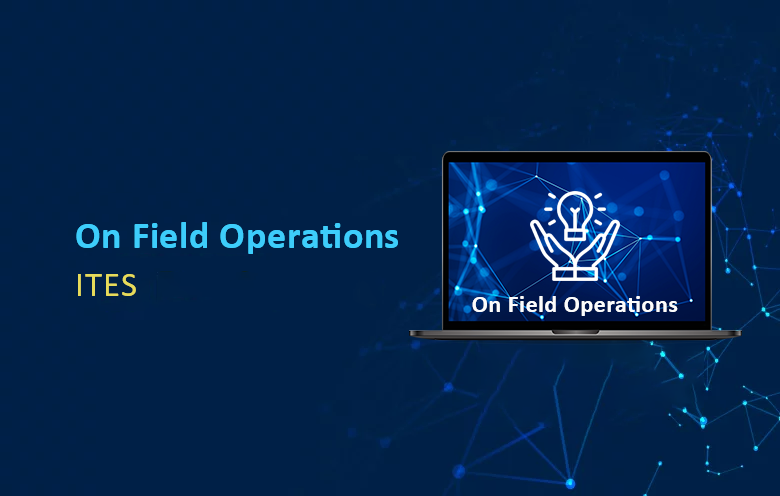

- About
-
Services
Software Development

- Mobile Apps
- Web Development
- Web Design
E-Governance
- E-Governance
- Digitization
- ITES
- Portfolio
- Products
- Career
- Contact
-
-



























































